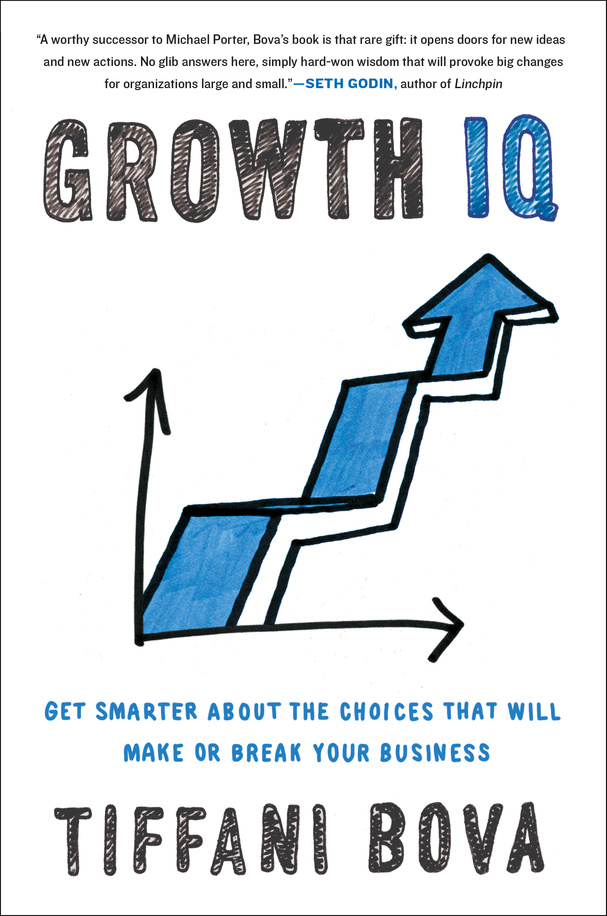If you’re a bootstrapped early-stage company with limited time and resources, it can be easy to dismiss corporate social responsibility as something you formalize when you’re more established. But giving back can (and should!) be done at every stage of your company’s growth. The key is to make sure that doing the right thing is part of your culture and business model from the beginning. Done right, it can create a spectacular breakout against well-established competition, creating a whole paradigm that could take competitors years to catch up. For a mature company in a mature industry, it can shake up the status quo, revitalizing the business, its employees, and its customers and resetting the game—with the innovator enjoying a head start and a second chance to capture a new wave of growth and an entirely new set of customers.
That’s the big picture. Less obvious, but often just as important, is the impact a corporate social responsibility approach can have on your most important constituents—employees and customers. Making both proud to be part of such a company—especially if it is work for social good— can improve morale, help with employee retention, and make customers excited to be part of the crusade.
Part of the impetus behind social entrepreneurship came from foundations, which found themselves unable to turn off the money spigot for ongoing legacy causes, often for years—even while new programs clamored for their support. The idea was that these programs could, through thoughtful product and service development, financial discipline, and good business practices, eventually become self-sustaining—either through covering their costs or, as in the case of the Red Cross, gaining sufficient support of the general public.
The pursuit of this goal led, two decades ago, to the creation of important new institutions, including the Skoll Foundation and Ashoka, dedicated to investing sizable sums to get the kinks out of this new model and educate the first generation of social entrepreneurs. They have had mixed success—too often, these programs fail to become self-sustaining and fall back onto the rolls of perpetually requiring institutional support. More successful has been the arrival, in the Internet Age, of crowd- sourcing: the use of the scaling powers of the Web to present charitable (as well as commercial) opportunities in front of millions of private citizens. Crowdsourcing can claim credit for the support of thousands of social enterprises in its first decade.
But an entirely unexpected revolution in the support of social entrepreneurship has been the arrival of for-profit commercial companies—such as TOMS Shoes and Lemonade Insurance—on the scene. At first, most of these initiatives were seen as the product of a softhearted senior executive or as positive public relations for a company caught in a scandal . . . but in recent years, that has seen a radical change.
Today, an increasing number of companies have recognized social enterprise investment—from a company foundation to setting up an independent entity to integrating social entrepreneurship directly into company operations—as an important new way for a company to combine its current operations with an unconventional approach, not just as a way to look good but actually as a way to grow the organization. Social entrepreneurship can not only bind existing customers (who want to be part of such a positive crusade) but also attract new ones (who are attracted to the company’s image). It can also discipline a company in special ways, create healthy corporate culture, attract top-notch new employees, and give the company a higher, long-term purpose beyond simply short-term profits.
A growing number of companies are experimenting with different forms of “conscious capitalism,” ranging from direct donations to the matching of employee donations, setting aside a fixed percentage of quarterly profits, one-to-one matching between sales and donations, creation of independent foundations, sponsorship of training schools, and even supporting a shift to social entrepreneurship through new value measurements (intellectual capital audits, carbon offsets, etc.). In classic fashion, these companies are experimenting with new models in a way that nonprofits rarely do—all disciplined by customers, investors, and the marketplace.
The good news: “Doing well, by doing good” is not only possible—done right, it can be an authentic way to connect with your employees, customers, partners, and shareholders in a meaningful way. But more important, it goes a long way to make all the hard work have greater impact than just dollars earned.
Excerpted from Growth IQ: Get Smarter About The Choices That Will Make Or Break Your Business by Tiffani Bova with permission of Portfolio, an imprint of Penguin Publishing Group, a division of Penguin Random House LLC. Copyright © Tiffani Bova, 2018.


